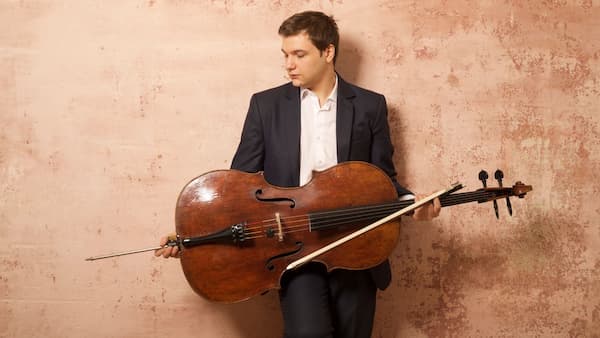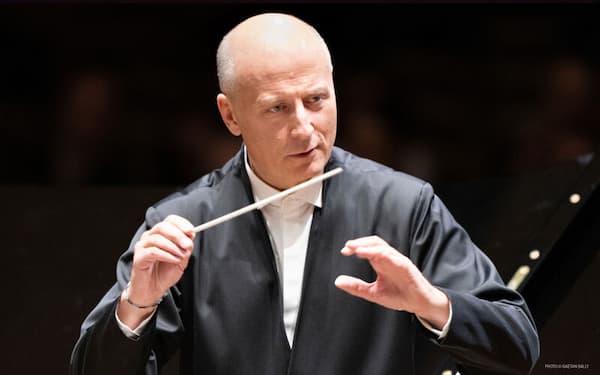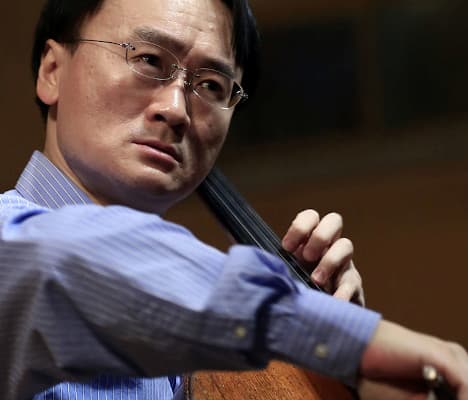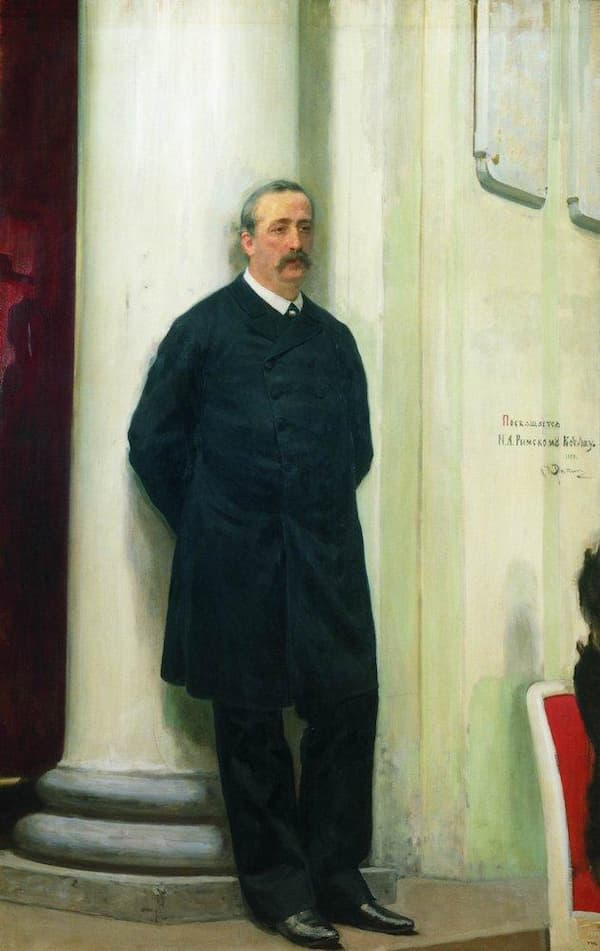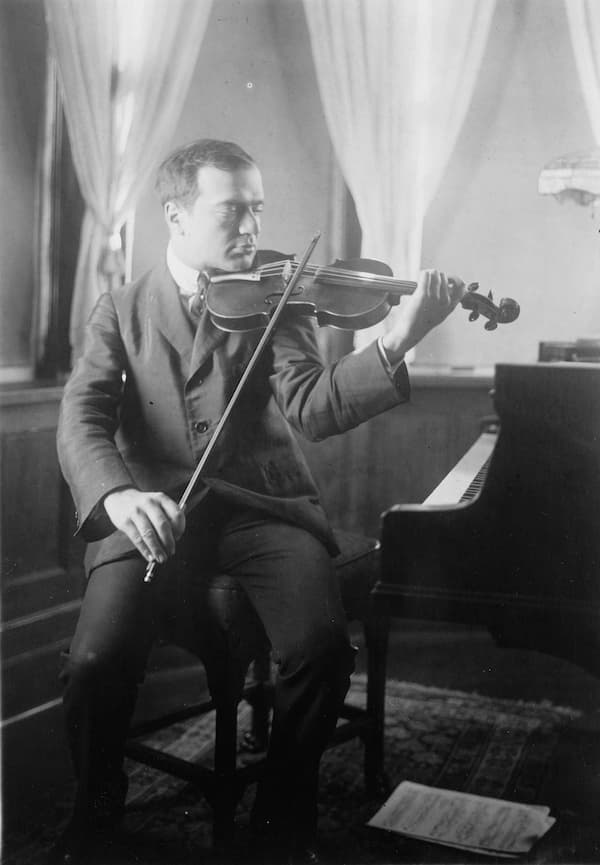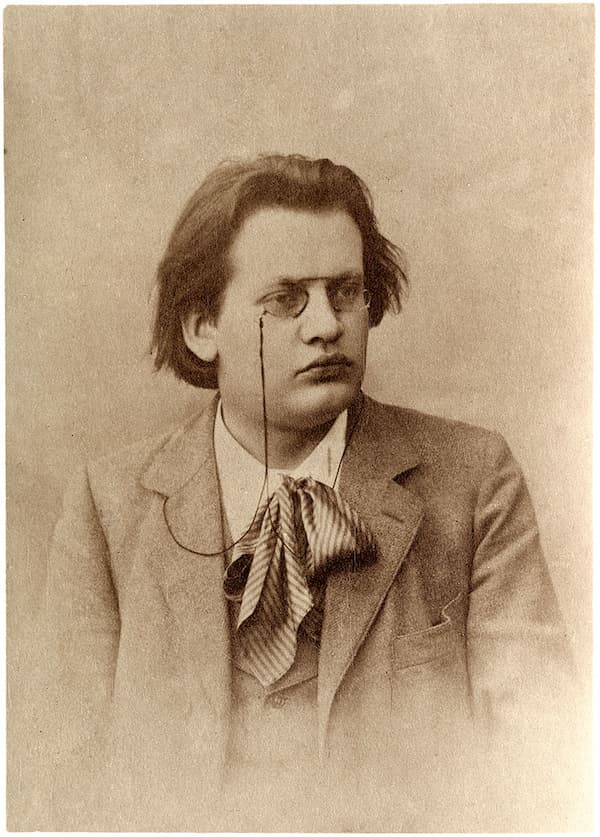The Gold Medal winner at the 2015 XV International Tchaikovsky Competition, Andrei Ioniță is one of the most admired cellists of his generation. A versatile musician focused on deeply felt performances, Andrei is internationally recognised for his passionate musicianship and
On This Day
For over three decades, conductor Paavo Järvi has captivated audiences with his powerful yet nuanced interpretations. His passion for detail and his meticulous approach have created collaborative relationships that are characterised by boundless energy and youthful vitality. Paavo Järvi is
Born in Hong Kong on 29 December 1996, pianist Tiffany Poon started lessons at the age of four and auditioned for Juilliard’s Pre-College when she was seven. After eight years on a full scholarship, she continued her education at Columbia
The 1980 documentary From Mao to Mozart: Isaac Stern in China provides a fascinating look at China’s cultural and political landscape in the wake of the Cultural Revolution. Isaac Stern’s journey to China not only offered a glimpse into the
We still have conflicting reports as to the actual premiere date of Borodin’s Symphony No. 1. Some commentators place that event on 23 December 1868, while others located it on 4 January 1869. The proximity of these dates suggests that
Violinist Bronisław Huberman was able to fuse glowing intensity and visionary sensitivity into a grand classical design. His tone had a haunting quality, particularly in infinite shades of pianissimo, and he was a towering personality described as “the most remarkable
Menahem Pressler is probably best known for his long tenure as the founder of the Beaux Arts Trio, an ensemble he established in 1955. Seeking and finding beauty and enjoyment in music was central to his philosophy. As both ensemble
The premiere of Max Reger’s Piano Concerto in F minor, Op. 114 took place at the Leipzig Gewandhaus on 15 December 1910. The soloist was Frieda Kwast-Hodapp, and Arthur Nikisch led the Gewandhaus Orchestra. The reviews were devastating, as was

